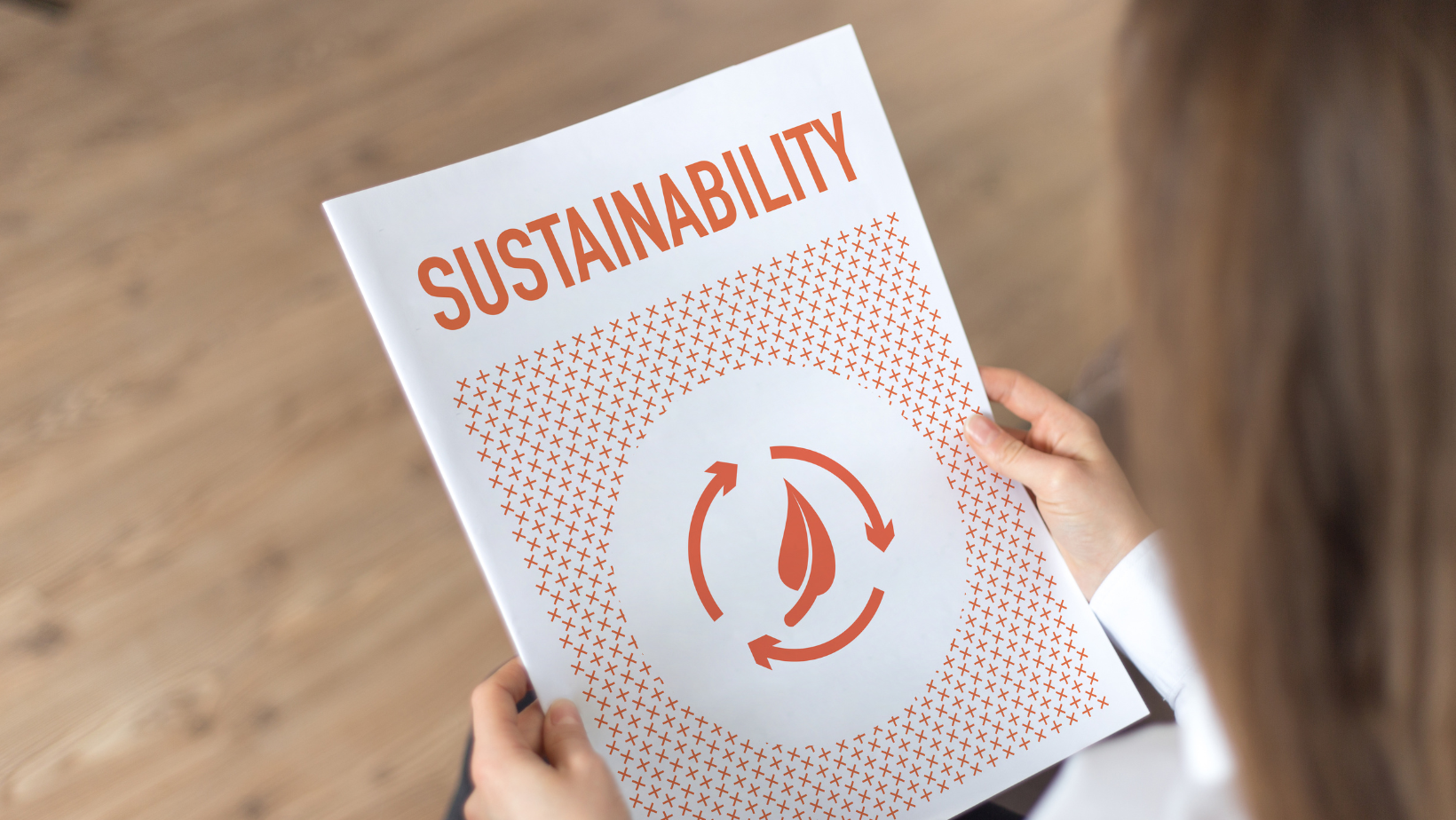In today’s world, where environmental concerns are more pressing than ever, sustainable living isn’t just a trend—it’s a necessity. Individuals around the globe are seeking ways to minimize their ecological footprint, striving to live in harmony with the planet. From reducing waste to conserving energy, the options for adopting a greener lifestyle are both varied and viable. Sustainable living involves making conscious choices that enhance environmental, economic, and social well-being. Whether it’s opting for eco-friendly products, making smartphones accessories, embracing zero-waste practices, or retrofitting homes with energy-efficient technologies, each action contributes to a larger impact.
Sustainable Living Ideas
 Sustainable living encompasses practices that reduce individuals’ and communities’ environmental impacts by focusing on resource conservation, waste reduction, and sustainable energy use. This lifestyle choice reflects a commitment to minimizing the negative effects on the planet, enhancing both ecological and human health. Transitioning to sustainable living involves adopting innovative approaches to daily life, such as using renewable energy sources like solar and wind, conserving water through efficient fixtures, and choosing sustainable materials for clothing and furniture. By engaging in these activities, people play a crucial role in preserving Earth’s resources for future generations. This proactive approach aligns with broader global efforts to address environmental challenges and foster a sustainable future.
Sustainable living encompasses practices that reduce individuals’ and communities’ environmental impacts by focusing on resource conservation, waste reduction, and sustainable energy use. This lifestyle choice reflects a commitment to minimizing the negative effects on the planet, enhancing both ecological and human health. Transitioning to sustainable living involves adopting innovative approaches to daily life, such as using renewable energy sources like solar and wind, conserving water through efficient fixtures, and choosing sustainable materials for clothing and furniture. By engaging in these activities, people play a crucial role in preserving Earth’s resources for future generations. This proactive approach aligns with broader global efforts to address environmental challenges and foster a sustainable future.
Sustainable Living Ideas for Homeowners
Homeowners play a crucial role in advancing sustainable living by implementing energy-saving technologies and eco-friendly home modifications. Installing solar panels or investing in energy-efficient appliances reduces reliance on non-renewable energy resources, decreasing a home’s carbon footprint. Likewise, homeowners can contribute to water conservation by setting up rainwater harvesting systems and using low-flow plumbing fixtures. These systems collect and reuse rainwater for gardening and flushing toilets, enhancing water efficiency. Additionally, incorporating sustainable building materials, such as recycled steel, bamboo, or reclaimed wood, during construction or renovations supports environmental preservation while maintaining modern aesthetic values. Each of these strategies not only aids in protecting natural resources but also offers long-term economic benefits through reduced utility bills.
Sustainable Transportation Solutions
 Adopting sustainable transportation solutions is a crucial step in extending the principles of sustainable living to daily commutes and travel. Bicycle use not only decreases traffic congestion but also reduces emissions and promotes healthier lifestyle choices. Cities with dedicated bike lanes and secure parking facilities experience higher rates of cycling participation, demonstrating a successful model for others to follow.
Adopting sustainable transportation solutions is a crucial step in extending the principles of sustainable living to daily commutes and travel. Bicycle use not only decreases traffic congestion but also reduces emissions and promotes healthier lifestyle choices. Cities with dedicated bike lanes and secure parking facilities experience higher rates of cycling participation, demonstrating a successful model for others to follow.
Public transportation systems offer another effective way to limit environmental impacts. Trains and buses that utilize electric or hybrid technologies significantly cut down on greenhouse gas emissions. Investing in these systems improves air quality and decreases urban sprawl.
Carpooling serves as a practical option for reducing the number of vehicles on the road, lowering individual carbon footprints. Platforms that facilitate car-sharing arrangements allow for more efficient travel with less environmental strain, especially in urban areas where traffic congestion is prevalent.
Adopting a Zero-Waste Lifestyle
 Adopting a zero-waste lifestyle involves minimizing waste production in everyday activities. This strategy complements sustainable transportation methods by further reducing environmental impact. Households can start by reducing the use of disposable products, such as plastic bags, bottles, and cutlery. Instead, using reusable alternatives like cloth bags, refillable containers, and metal utensils cuts down significant waste. Composting organic waste turns kitchen scraps and yard debris into valuable soil amendments, diverting tons of waste from landfills annually. Choosing products with minimal packaging or buying in bulk reduces waste generation. As communities strive for sustainability, embracing zero-waste practices at home plays a crucial role in conserving resources and minimizing ecological footprints by choosing a porta potty rental. These actions create a sustainable cycle that complements the energy-efficient technologies and eco-friendly modifications previously discussed.
Adopting a zero-waste lifestyle involves minimizing waste production in everyday activities. This strategy complements sustainable transportation methods by further reducing environmental impact. Households can start by reducing the use of disposable products, such as plastic bags, bottles, and cutlery. Instead, using reusable alternatives like cloth bags, refillable containers, and metal utensils cuts down significant waste. Composting organic waste turns kitchen scraps and yard debris into valuable soil amendments, diverting tons of waste from landfills annually. Choosing products with minimal packaging or buying in bulk reduces waste generation. As communities strive for sustainability, embracing zero-waste practices at home plays a crucial role in conserving resources and minimizing ecological footprints by choosing a porta potty rental. These actions create a sustainable cycle that complements the energy-efficient technologies and eco-friendly modifications previously discussed.
Supporting Sustainable Food Choices
Embracing sustainable living isn’t just beneficial—it’s essential for the future of our planet. By integrating eco-friendly practices in daily life, individuals and communities make a profound impact on environmental conservation. Opting for sustainable food choices is a powerful way to extend these efforts. Choosing locally sourced, organic foods reduces carbon footprints and supports local economies. Each small decision adds up, creating a ripple effect that fosters a healthier, more sustainable world for future generations. Let’s commit to these changes, knowing that every effort counts in building a sustainable future.

